Giro d'Italia: Anglophone Invasion
Back-to-back wins in the 1980s by Roche and Hampsten
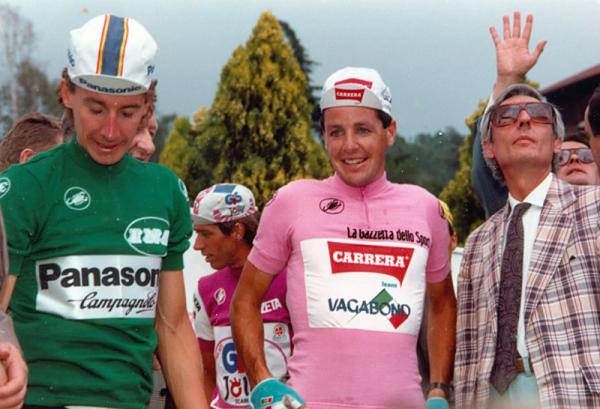
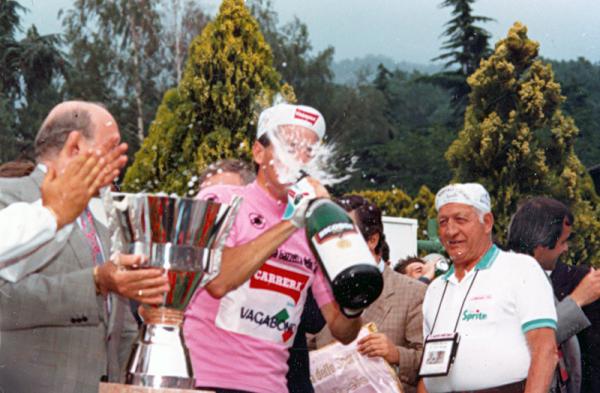
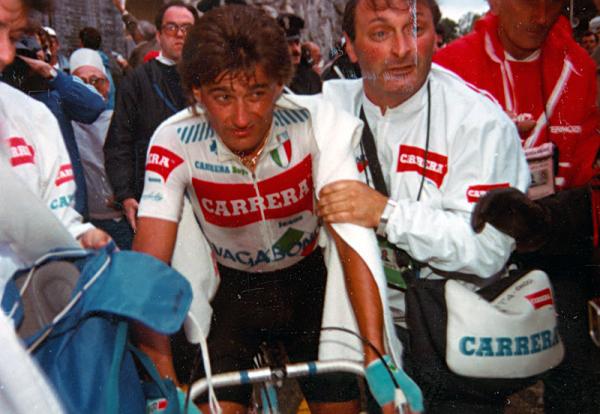
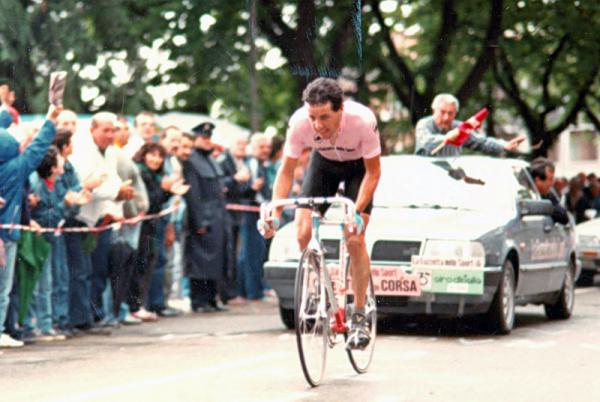
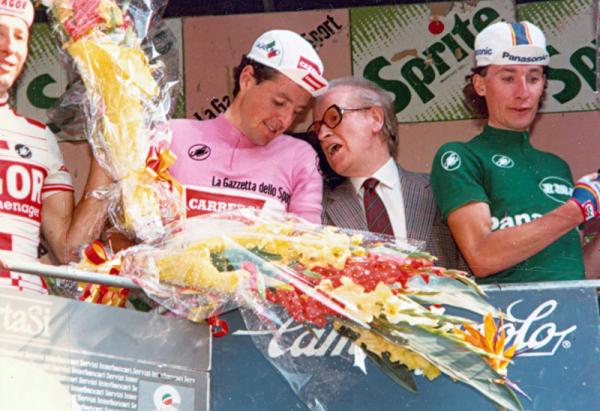
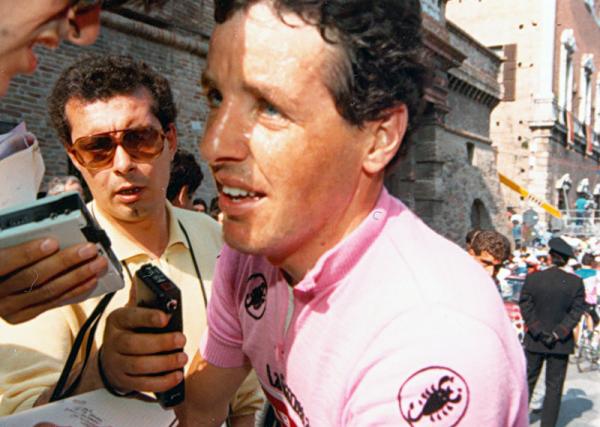
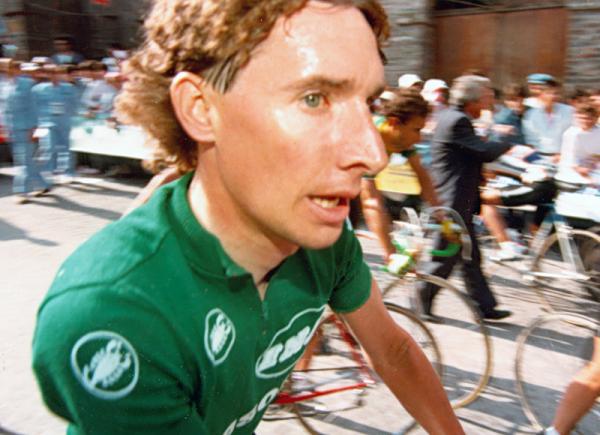
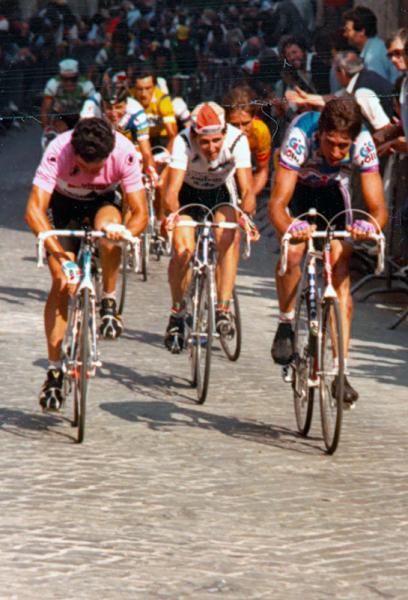
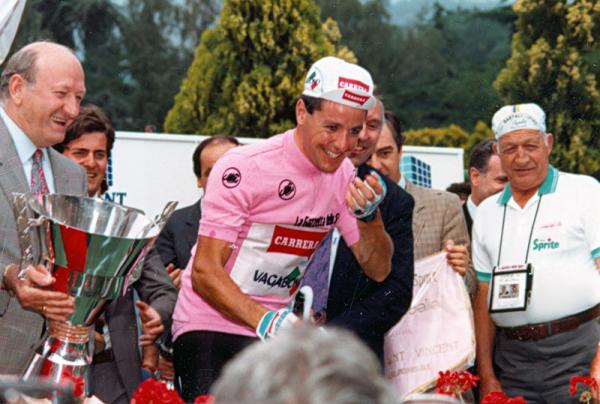
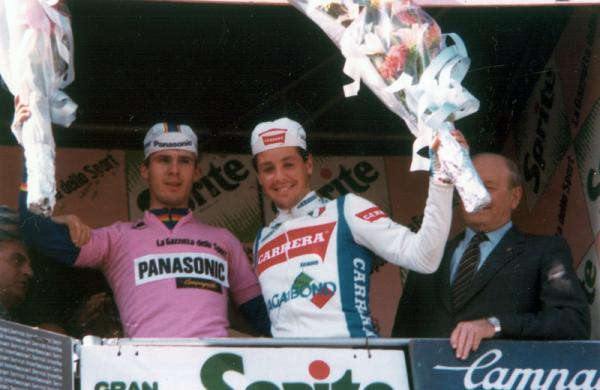
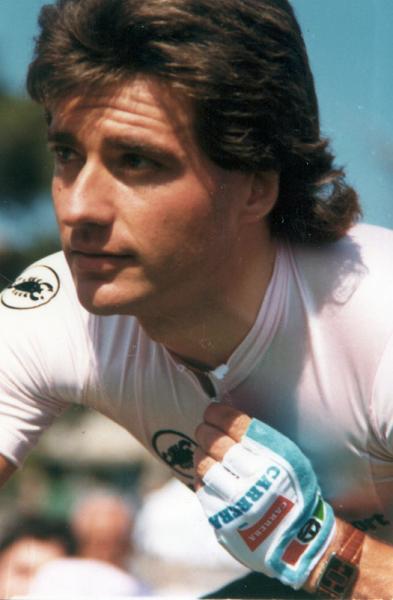
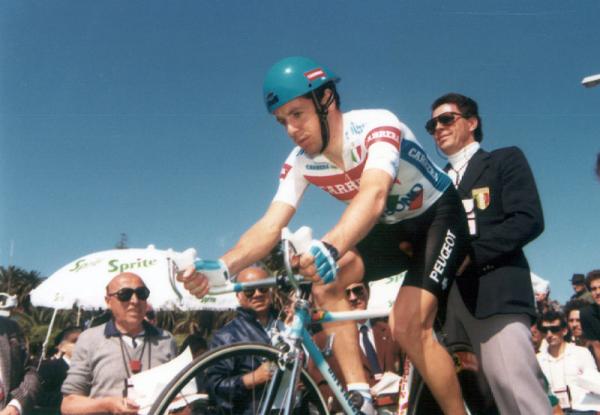
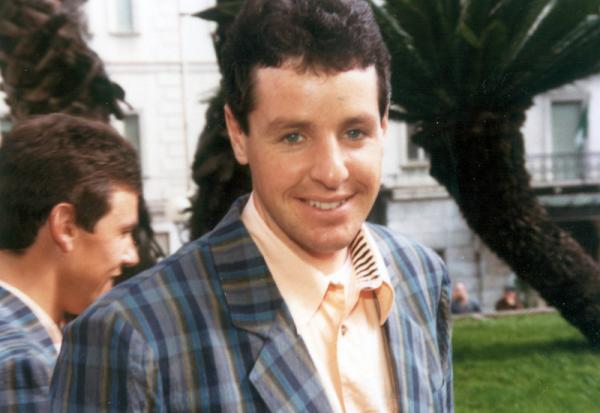
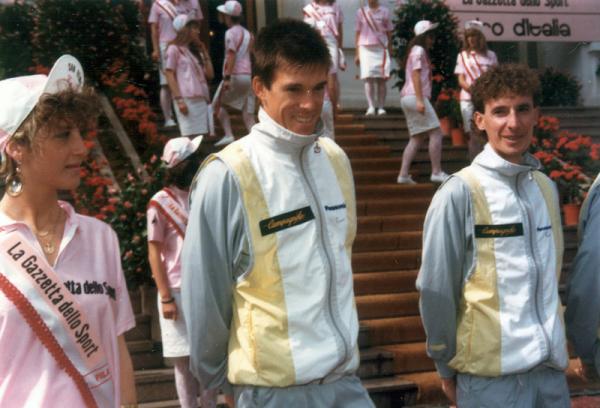
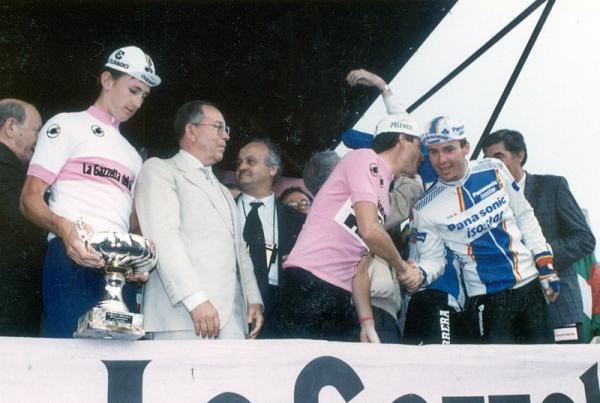
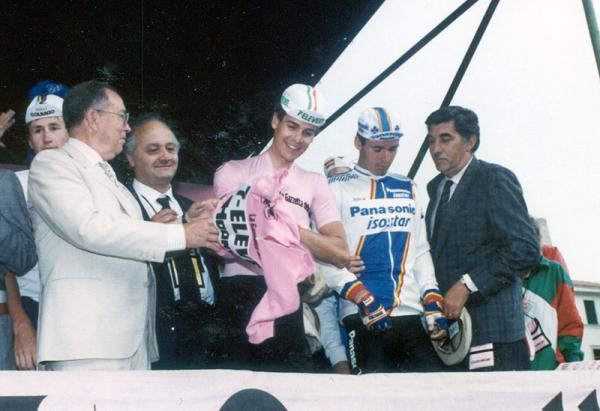
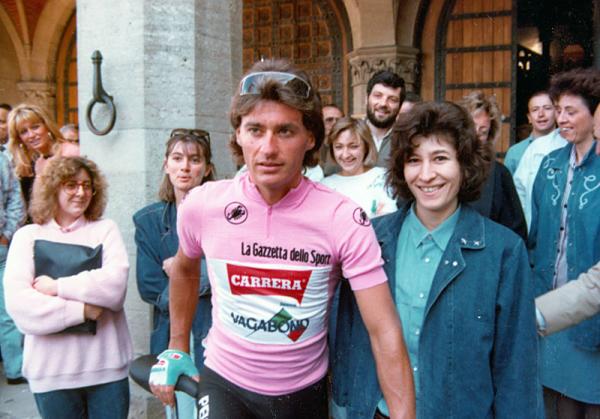
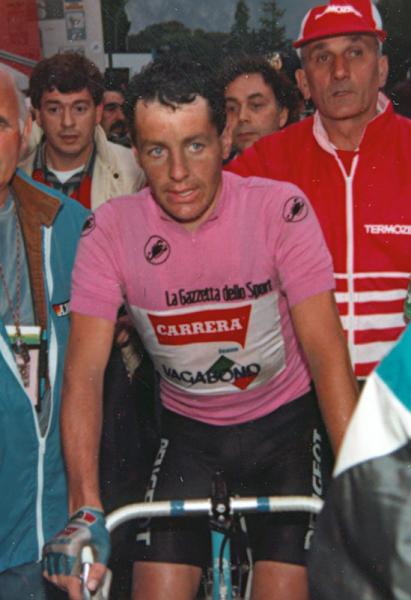
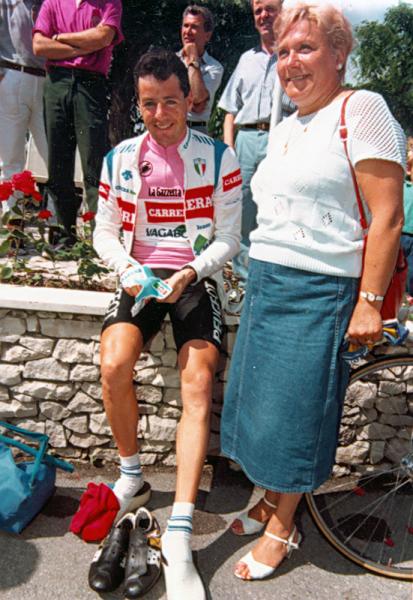
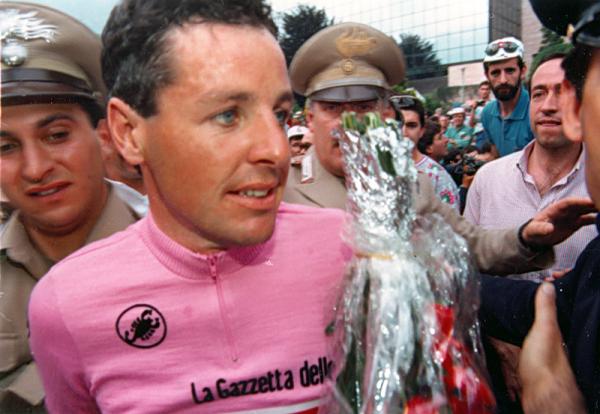
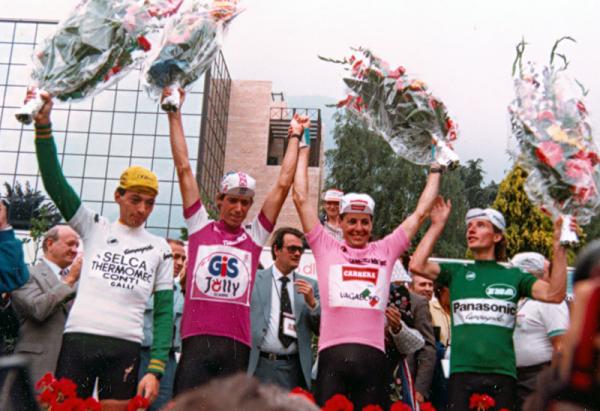
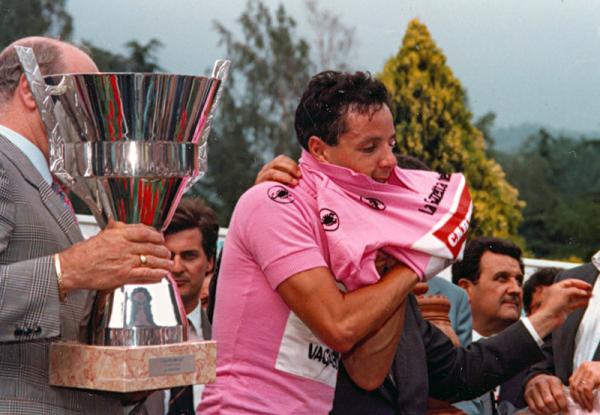
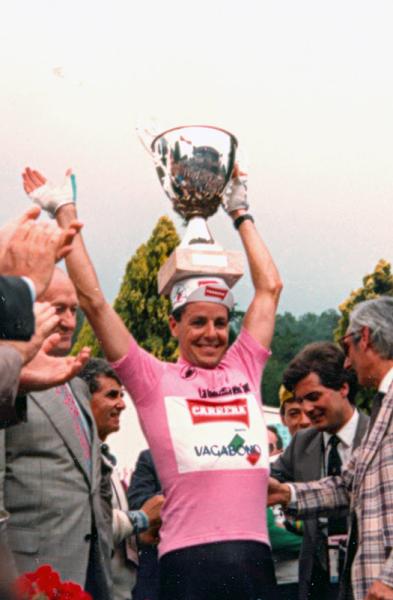
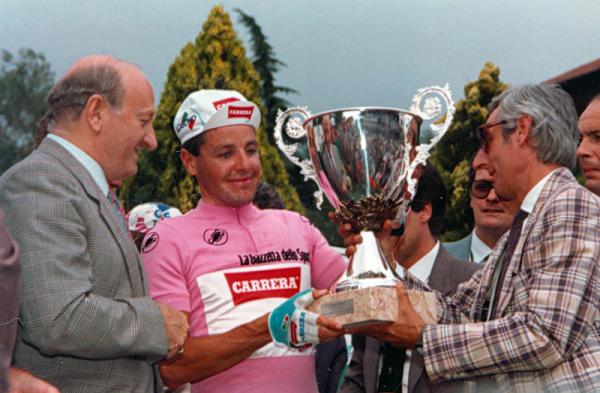
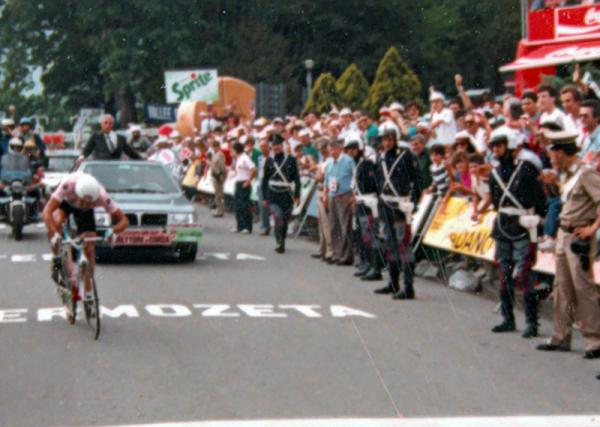
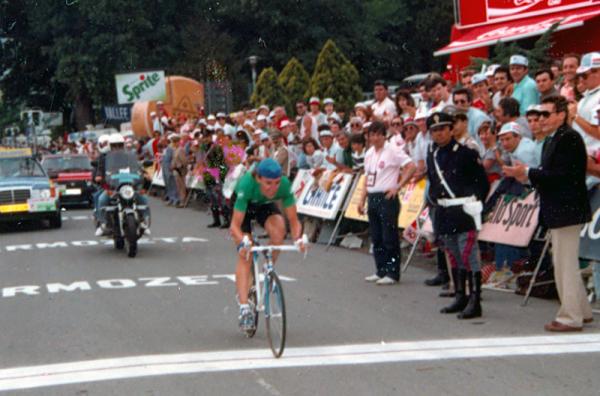
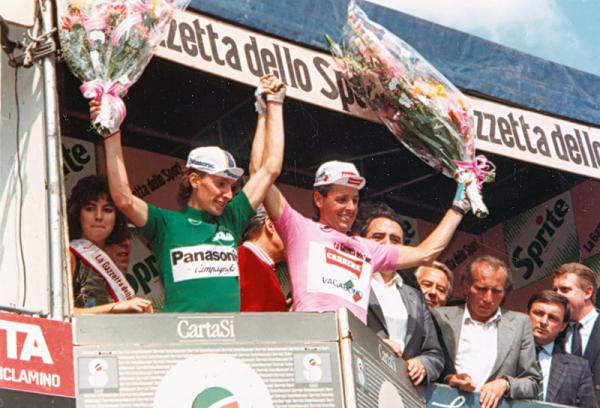
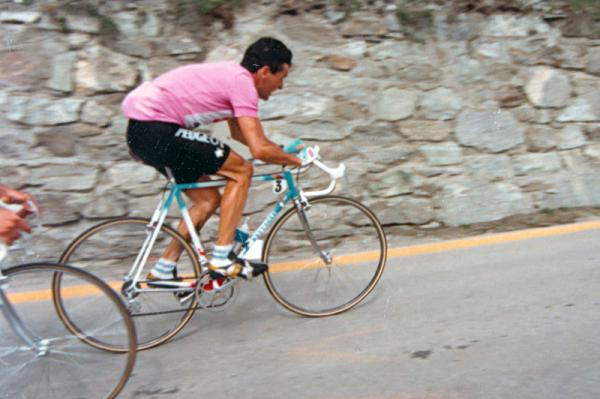
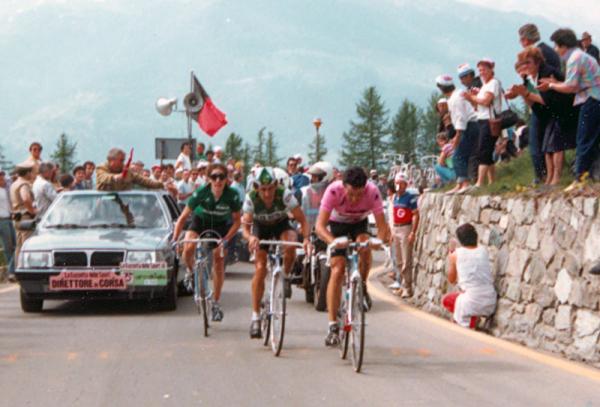
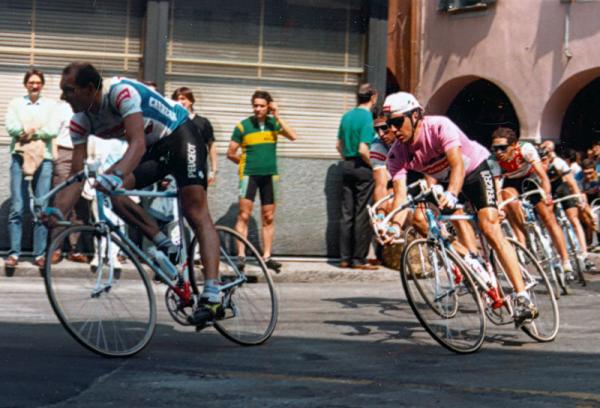
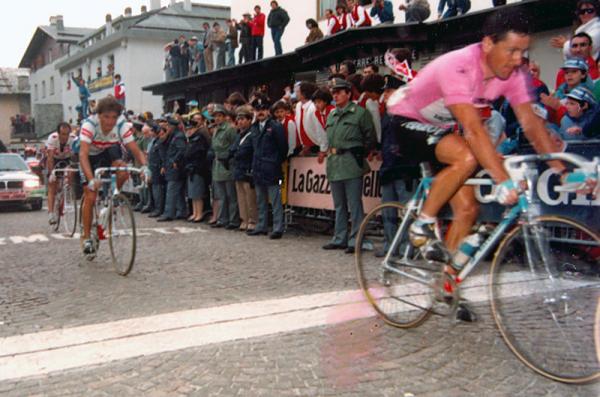
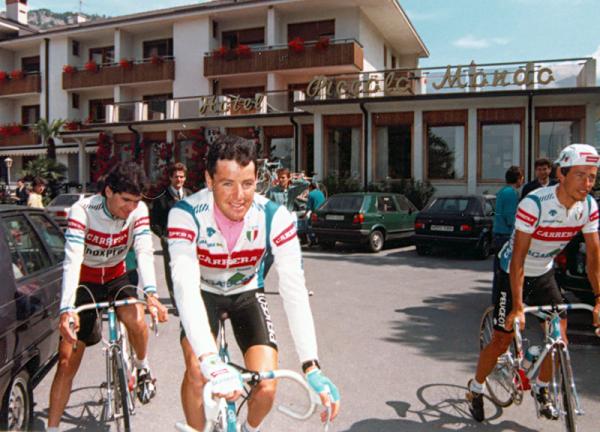
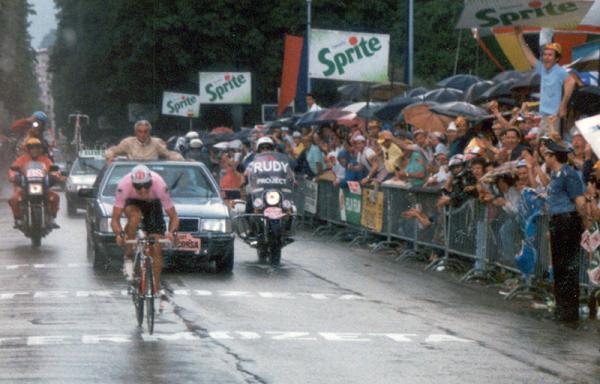
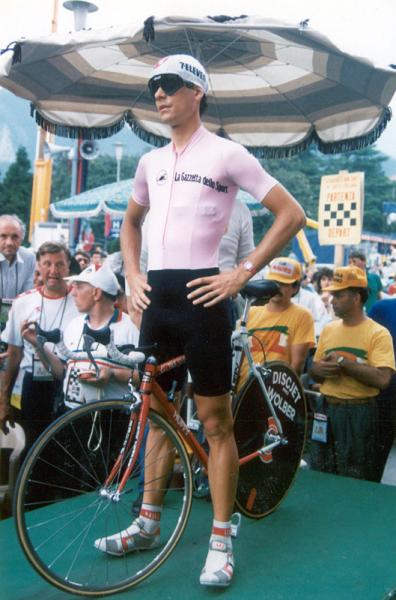
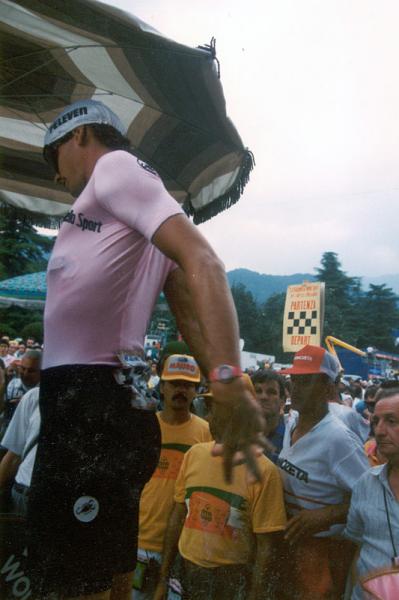
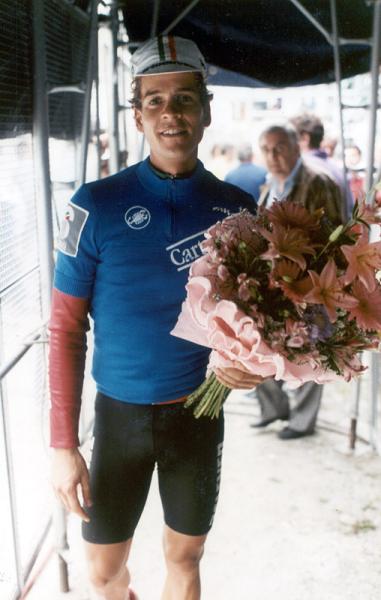
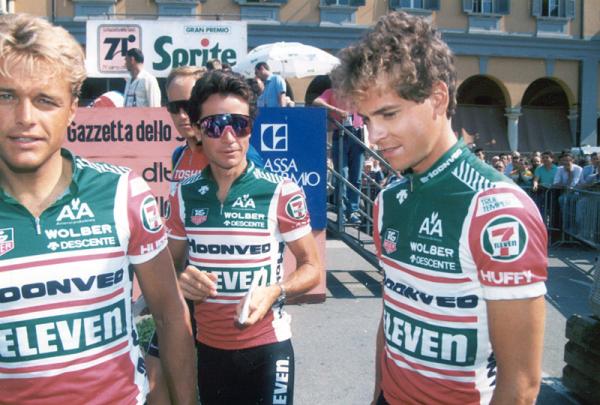
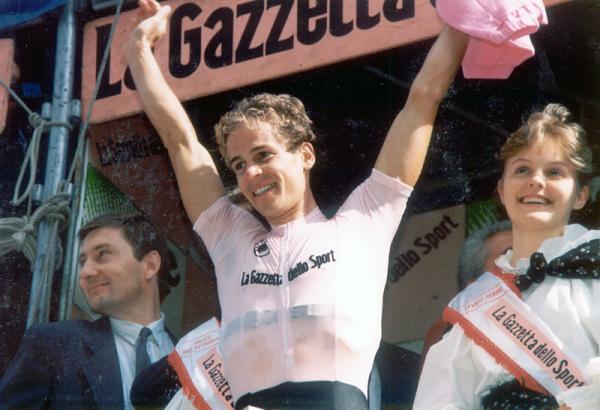
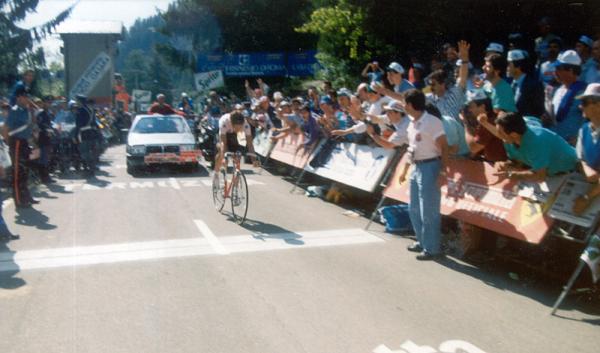
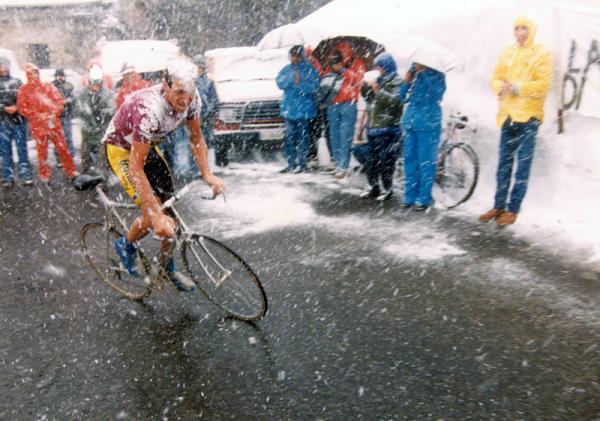
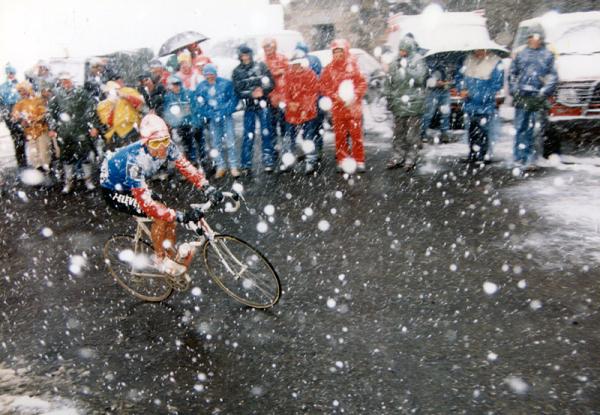
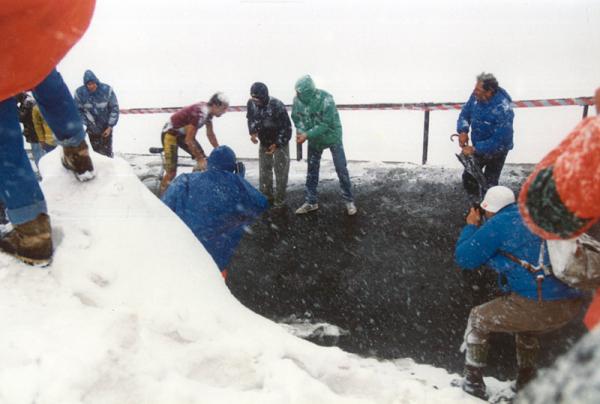
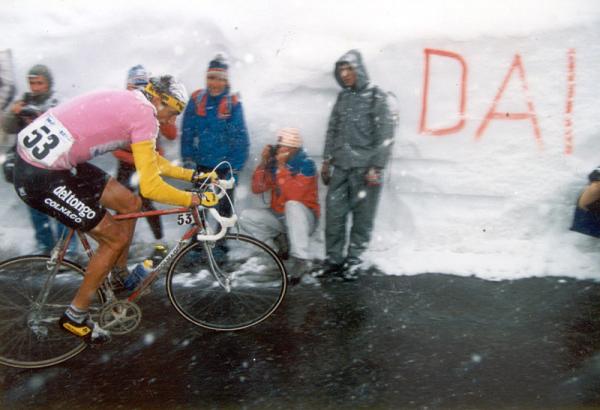
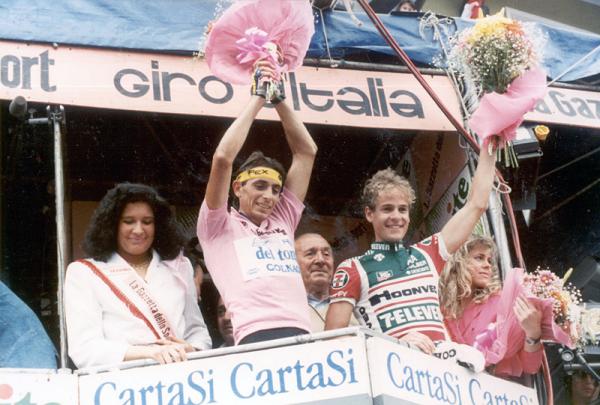
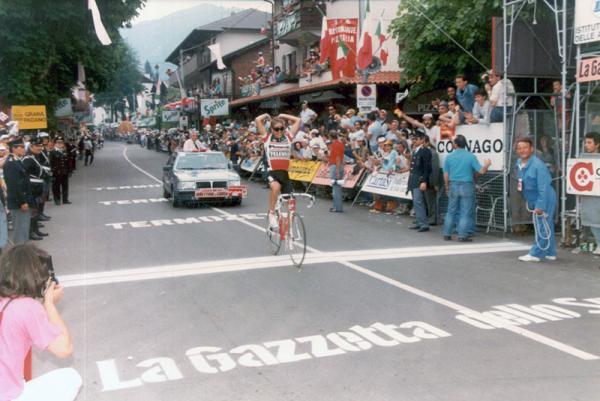
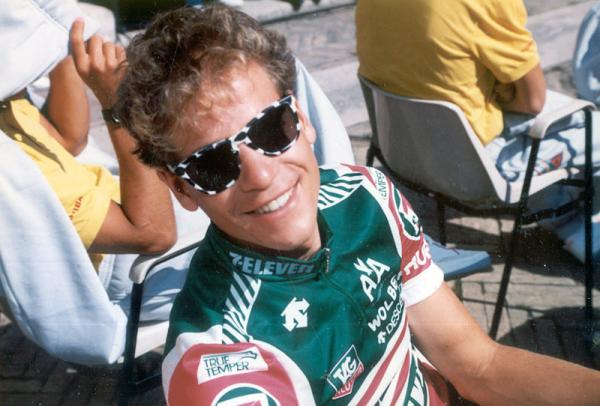
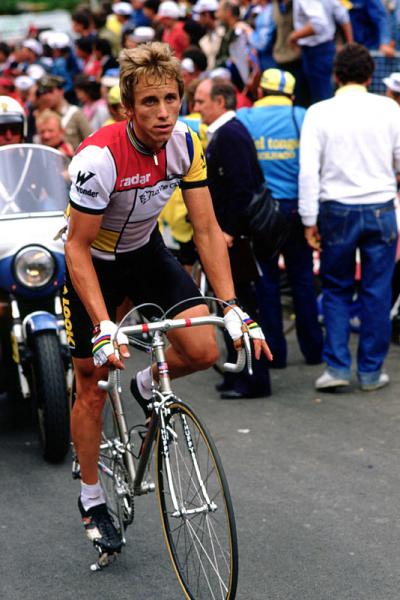
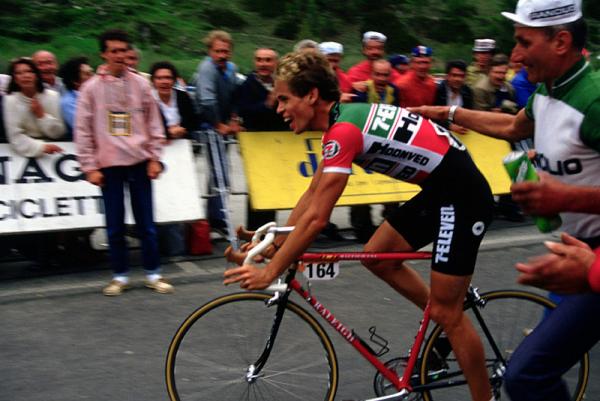
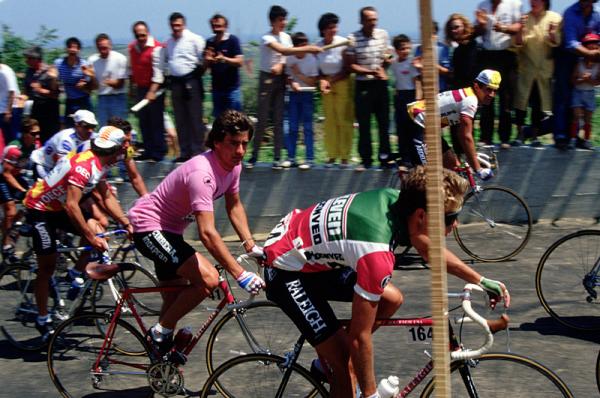
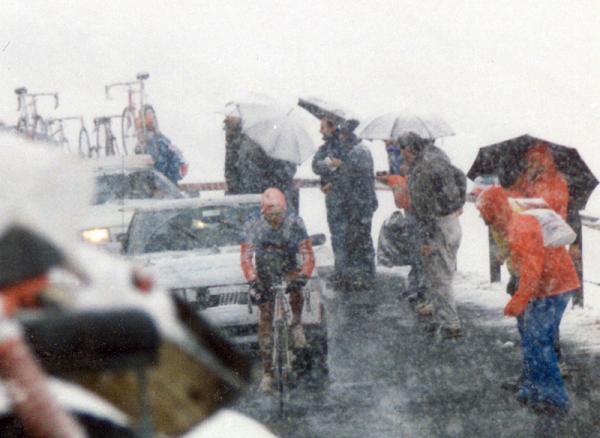
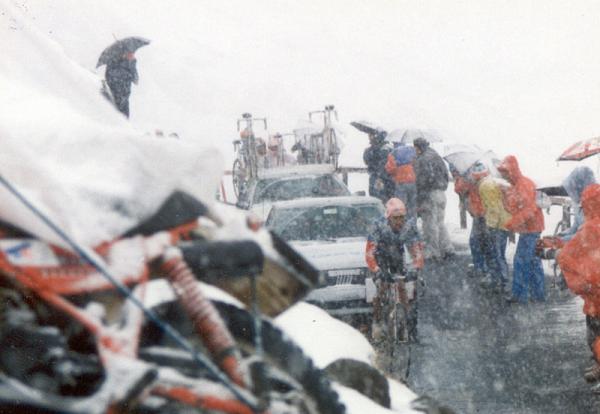
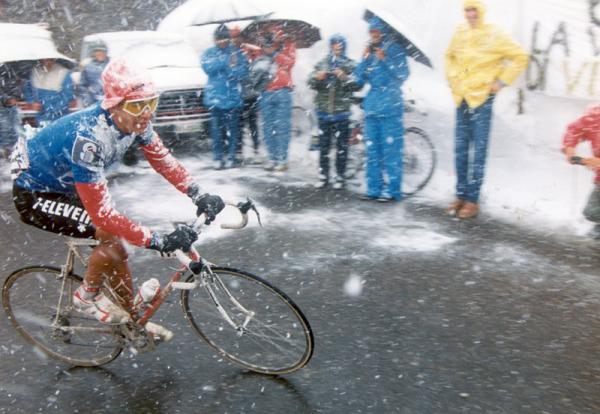
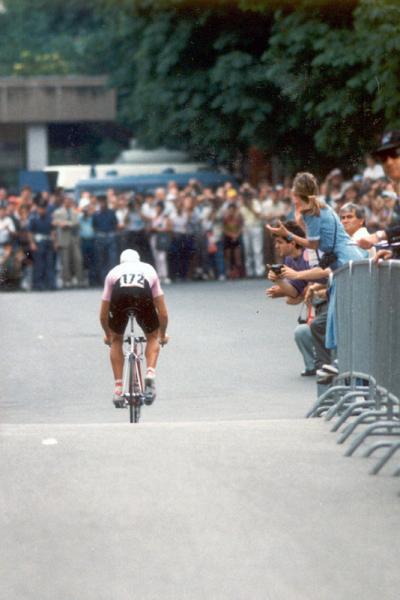
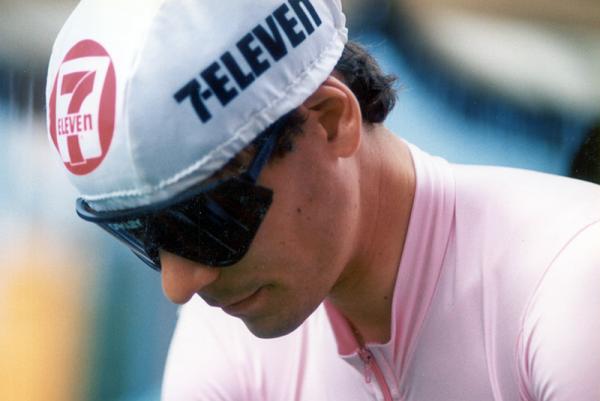
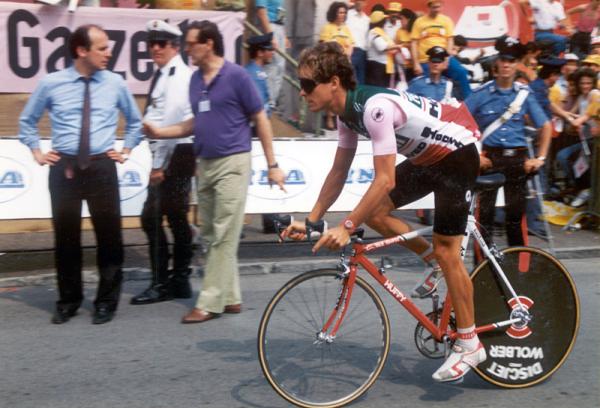
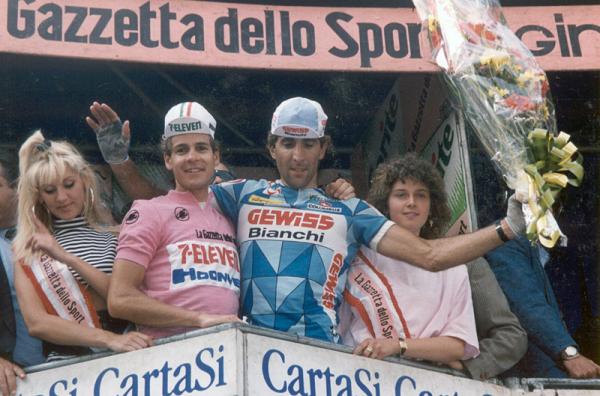
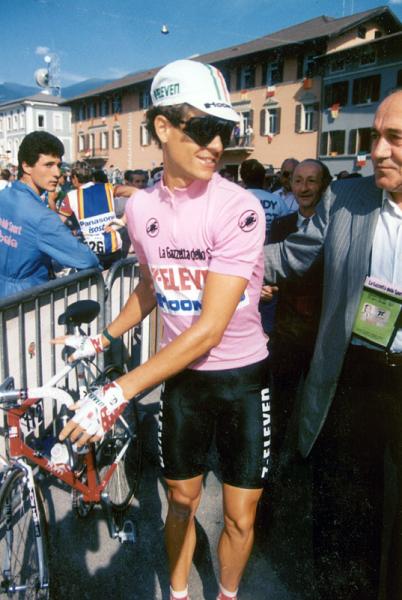
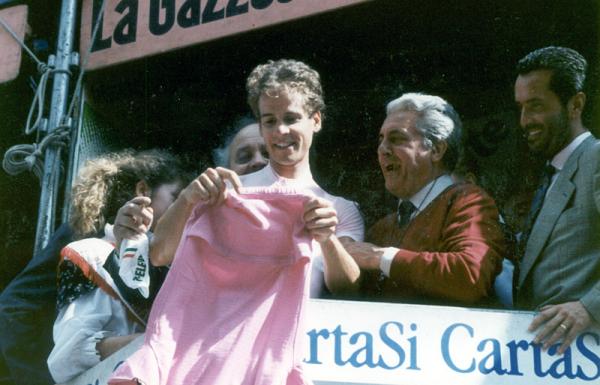
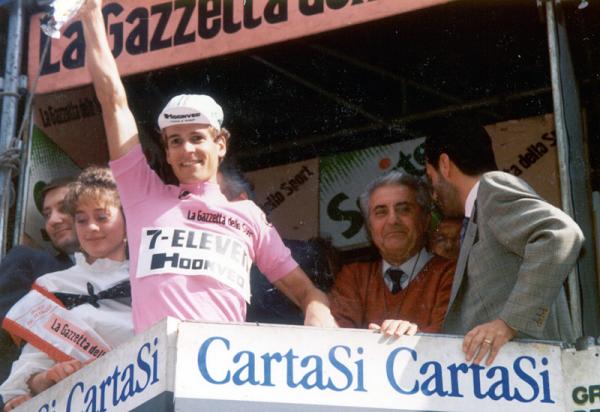
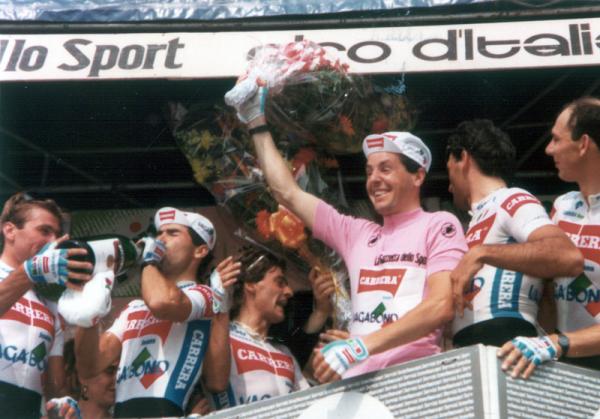
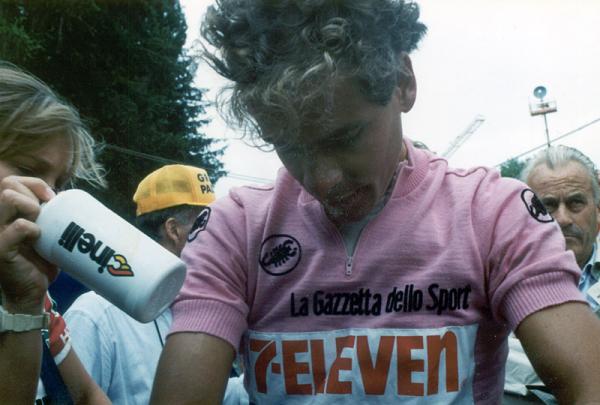
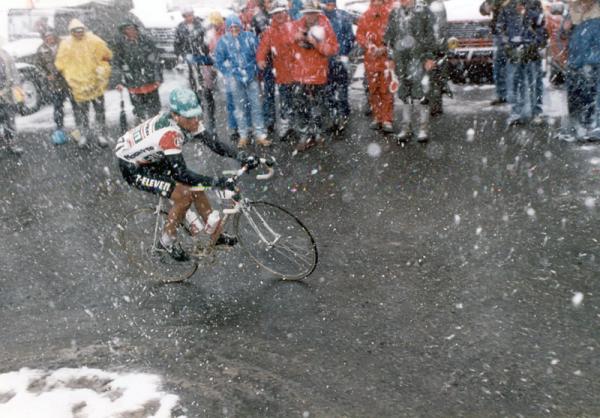
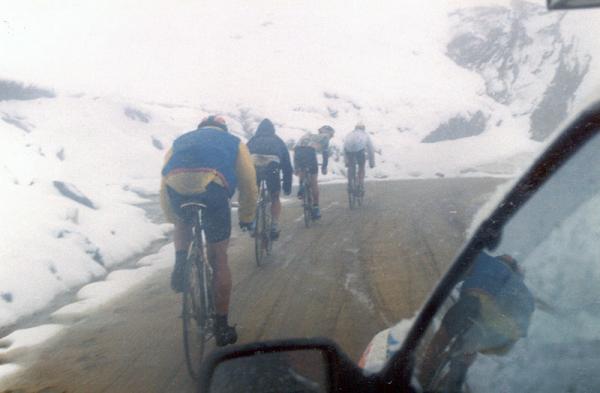
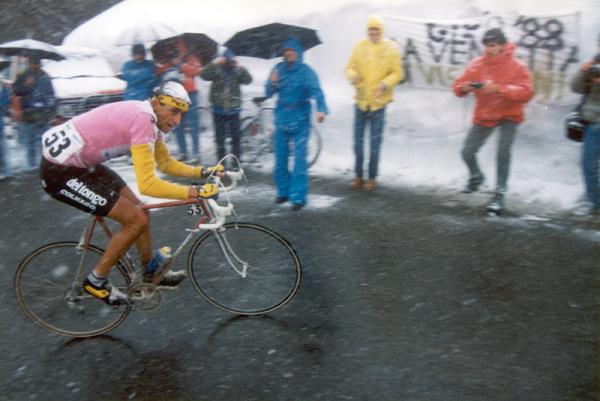
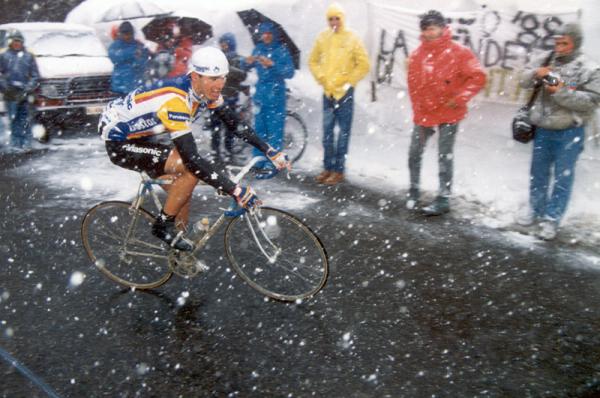
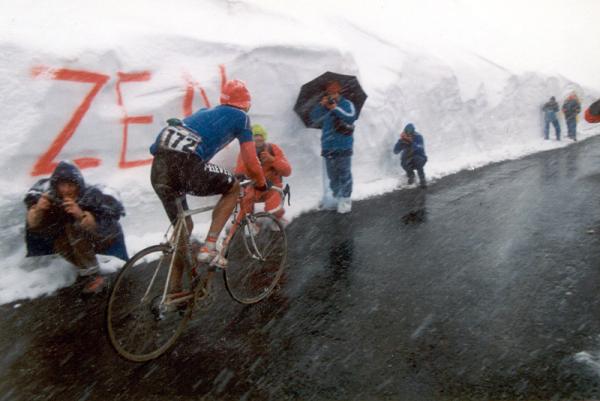
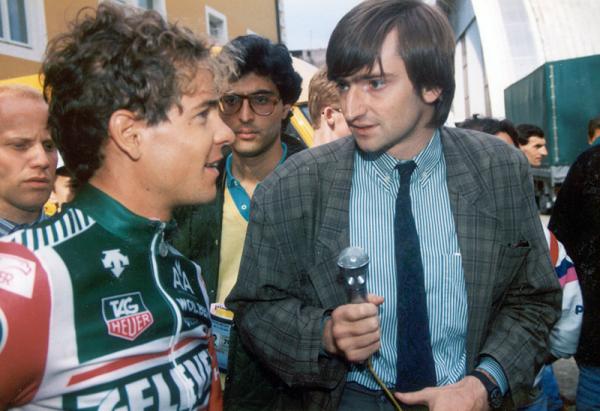
As the 2011 Giro d'Italia draws near, Cyclingnews breaks into the archives with a look back at the last four decades of racing – the dominant performers, personalities, controversies and memorable moments. We follow the Merckx years of the 1970s with the late 1980s triumphs of a pair of Anglophones, Stephen Roche and Andy Hampsten, two great champions of an era when the demographics of the European peloton were undergoing change.
Pros from outside the realm of Continental Europe, countries such as Australia, Ireland, Great Britain, United States and Canada, really began to make their presence known in the pro peloton in the 1980s. Wins soon covered the full gamut, be it stage race stages, one-day races, Classics, shorter stage races before Greg LeMond broke the Grand Tour ceiling with his 1986 Tour de France victory.
The Giro d'Italia followed in this vein as the only two victories by native English speakers occurred in consecutive years in the late 1980s.
1987: Roche vs. Italy
What does it feel like to vie for victory in a Grand Tour where an entire nation hates every fibre of your being and freely expresses their sentiments roadside stage after stage? Where your directeur sportif loathes you? A race in which all but one of your teammates despise you? And all this after you're leading the race?
Just ask Stephen Roche.
The 1987 Giro d'Italia was supposed to be the coronation of native-son Roberto Visentini as the first repeat champion since Franco Balmamion's back-to-back Giro triumphs in 1962-1963. Roche, a teammate of Visentini on Carrera Jeans-Vagabond, had other ambitions, however.
Get The Leadout Newsletter
The latest race content, interviews, features, reviews and expert buying guides, direct to your inbox!
"Since the beginning of the year I'd proved myself to be a good leader: I'd got good results and always handed my bonuses to my teammates so that when I needed their help later in the season they'd be there for me," Roche told the Guardian. "Then we got to the Giro and Visentini is made leader despite having done nothing all season. I wasn't happy."
Roche had started his seventh year as a professional on good form, highlighted by his third win at the Tour de Romandie and first overall at the Vuelta Ciclista a la Communidad Valenciana. The Irishman also finished second at Critérium International, a heartbreaking second to Moreno Argentin at Liège-Bastogne-Liège, plus claimed a stage win in Paris-Nice.
Things started swimmingly at the Giro for Visentini, as the 27-year-old Italian won the prologue time trial. Dutchman Erik Breukink supplanted the Italian as race leader for two stages only to have Roche take over the maglia rosa after stage three, a team time trial won by the Carrera Jeans-Vagabond squad.
Roche defended the leader's jersey through stage 13, a 46km individual time trial, where he was pummeled by stage winner Visentini. Roche was still feeling the effects of a crash suffered on stage 10 and found himself now in second place overall, 2:42 down on his teammate.
But not for long.
Two days later Roche would invoke the vitriol of a nation by engaging in a coup d'etat on the 224km 15th stage.
The Irishman bridged to a break early in the stage and defied team orders to stop working, which resulted in the bizarre scene of Roche's teammates chasing full-bore at the head of the peloton to defend Visentini's lead. Visentini ultimately cracked in the chase effort, losing 6:50 to stage winner Johan van der Velde and 3:12 to Roche, resulting in the Irishman taking over once more as the Giro's leader.
Roche would gain strength in the final week of the Giro and never rescind the maglia rosa, sealing his first Grand Tour triumph with a win in the concluding time trial. Visentini would ultimately abandon after the penultimate stage, having fractured his wrist in a crash.
And while the 25-year-old Irishman prevailed in the quest for the maglia rosa, Scotland's quixotic Robert Millar joined Roche on the final podium for an even more unusual spectacle. With Millar as runner-up on general classification, 3:40 behind Roche, for the only time in history two native English speakers claimed first and second in a Grand Tour.
It would prove to be Millar's finest Giro d'Italia, with his only podium finish, his only stage win (late in the race on the penultimate stage) as well as his sole mountains classification title.
Much to the dismay of Millar's Panasonic directeur sportif Peter Post, for whom winning was all that mattered, the Scot allied himself with Roche when the Irishman had only Belgian teammate Eddy Schepers to rely on as a domestique in the final week. Roche feared for his safety in the mountains and Schepers and Millar frequently rode shotgun on either side of Roche to provide a buffer from taunts, phlegm and physical assault at the hands of enraged tifosi.
Despite Panasonic riders in Millar and Breukink finishing second and third overall, plus Millar's stage win and mountains classification title, Post was peeved that the maglia rosa was not claimed by his team.
1987 would continue to be a monumentally magical season for Roche as he would out-duel Pedro Delgado in dramatic fashion to claim the Tour de France, followed later by a surprise world championship in Villach, Austria. As Roche donned the rainbow jersey he became one of only two riders to complete professional cycling's Triple Crown: wins in the Giro d'Italia, Tour de France and world championships in a single calendar year. Eddy Merckx, of course, is Roche's companion on that very short list.
1988: Hampsten's tour de force

Andy Hampsten rounds a switchback on the Gavia Pass climb. Photo: Sirotti
The word "epic" should have been forever stricken from the parlance of cycling reporting following the absolutely legendary 14th stage of the 1988 Giro d'Italia. While the peloton traveled a mere 120km from Chiesa Val Malenco to Bormio, the riders had to traverse the Gavia Pass before descending to the finish line.
A Gavia Pass beset by blizzard conditions. "The day the big men cried," said Bob Roll, 7-Eleven teammate of Andy Hampsten.
Three years prior, Andy Hampsten, 23, could hardly have been a more neo neo-pro for 7-Eleven, itself a novelty on the Euro road scene, as the American's first professional race happened to be the 1985 Giro d'Italia. Nonetheless, Hampsten parlayed his ample climbing skills into victory on stage 20.
Fast forward to 1988 and Hampsten had since finished fourth in the 1986 Tour de France while on La Vie Claire with Greg LeMond and Bernard Hinault and had won the Tour de Suisse twice - once in 1986 and again upon returning to 7-Eleven in 1987.
Hampsten had already won one stage of the 1988 Giro on stage 12, 205km between Novara and Selvino, and was high on general classification behind maglia rosa holder Franco Chioccioli.
And then Hampsten rode into cycling lore and legend on June 5.
While strength, courage, grit, and willpower fueled Hampsten upwards through the snow over the Gavia Pass on stage 14, logistics and foresight by his 7-Eleven squad saved the day.
"Everyone was freaked out. I mean, I'd already been shivering uncontrollably on one of the earlier descents. There was no sunshine – it was nothing but rain and snow all day long," Hampsten told Cyclingnews in a 2008 interview.
"I attacked right at the base [of the Gavia] because I could see that a lot of people were worried. I went over the top with [Erik] Breukink and it was snowing for about the first 12km of this winding 25km descent. And that's where our team made the real difference. Other teams just weren't prepared; the first guy over the top, Johan van der Velde, got so cold he stopped halfway down the descent and ended up finishing 40 minutes back.
"7-Eleven were the only team that had adequate warm clothing. We had a guy waiting at the top with a musette bag full of warm clothes for every rider. The team had gone shopping at ski stores before the stage and got wool hats and Gore-Tex ski gloves or diving gloves. They bought every useful item you could think of."
Dutchman Erik Breukink (Panasonic-Isotar) would win the stage, but Hampsten finished seven seconds behind to claim the maglia rosa.
Over the next eight stages Hampsten fought off the challenges of Breukink and Switzerland's Urs Zimmerman, who eventually finished second and third respectively, 1:43 and 2:45 back.
Hampsten would win one more stage, stage 18's 18km uphill time trial, en route to becoming the second straight native English-speaking Giro d'Italia champion, and still the only non-European maglia rosa winner.
Based in the southeastern United States, Peter produces race coverage for all disciplines, edits news and writes features. The New Jersey native has 30 years of road racing and cyclo-cross experience, starting in the early 1980s as a Junior in the days of toe clips and leather hairnets. Over the years he's had the good fortune to race throughout the United States and has competed in national championships for both road and 'cross in the Junior and Masters categories. The passion for cycling started young, as before he switched to the road Peter's mission in life was catching big air on his BMX bike.